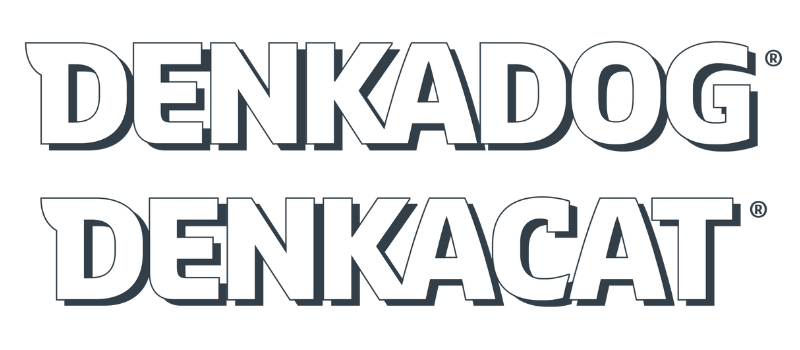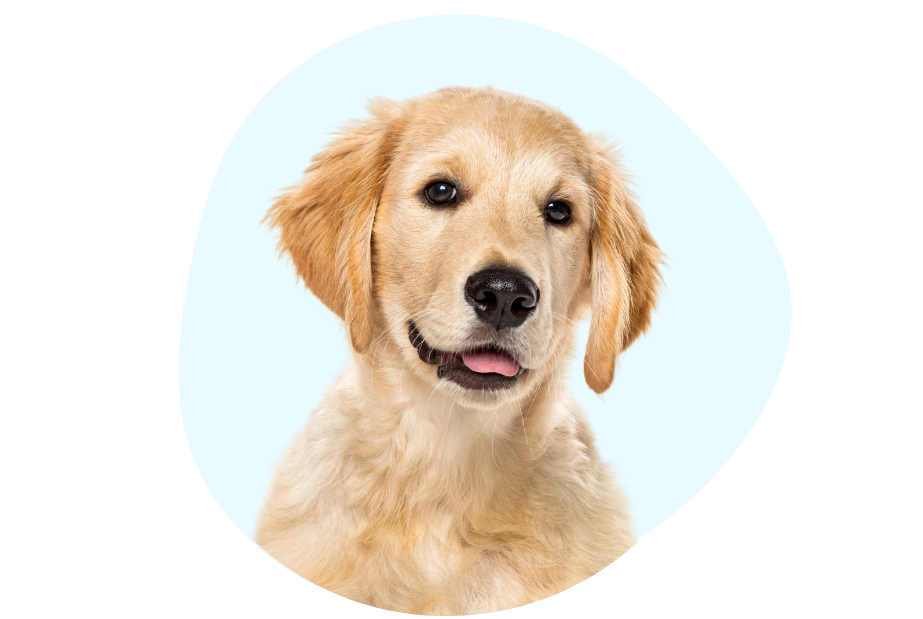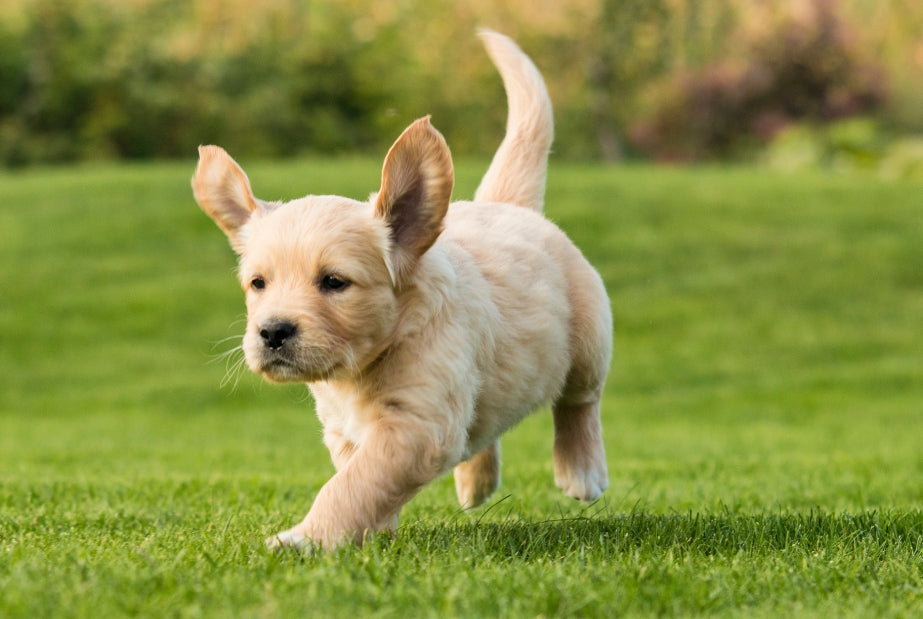Why is puppy food good and necessary?
- A puppy still has to grow and therefore needs good nutrition.
- Puppies need more essential proteins than adult dogs.
- Puppies often have diarrhea because they are not getting the right nutrition.
- There will be no dip in immunity building if your puppy is fed the best food.
Why is special puppy food good and necessary?
Puppies have completely different nutritional needs than an adult dog. Puppy food lays the foundation for your dog's health. Puppies are active, grow quickly and their bodies are constantly moving. Puppy food is tailored to the needs of the body and mind and therefore contains the right nutrients. It is important that the body does not experience any deficiencies in the first year of life. The food is specifically tailored to the digestion of young dogs, because diarrhea is the most common problem in puppies.
What does good puppy food include?
- Good digestibility
- Higher protein content from different protein sources
- Higher fat content
- Sufficient calcium (for a strong skeleton and teeth)
- Is not taxing on the intestines, stomach and kidneys
- Free from irrelevant ingredients
Important distinguishing features of our puppy food
A large number of puppies have sensitive intestines or a parasitic infection. In addition, they sometimes eat something other than what you give them, for example from the street. Denkadog Growing Up Sensitive has been specially developed for dogs that easily develop diarrhea. Due to the adjusted calcium level, this food is also ideal for puppies of large breeds. A select ratio of calcium and phosphorus ensures strong bones and teeth. High Density : thanks to the exceptionally high nutritional value, less food can be given compared to other brands and the delicate gastrointestinal system of the young dog is not unnecessarily burdened. A low salt content in our food ensures that the kidneys are less burdened.
The basis for healthy growth is good puppy food
It has been scientifically established that feeding according to a schedule in combination with regular weight control is of vital importance for a young dog. Many mistakes are made when feeding young dogs. In many cases, food is given that is not specifically for puppies. Often, too much is fed and the dog grows too quickly. Just like babies, puppies should therefore be weighed regularly. An overload of the skeleton can have disastrous consequences and lead to bone, joint and movement problems. Sometimes it takes years before the dog suffers from it, but the foundation is already laid during growth.
Challenges that exist with puppy food
1. Ensure balanced controlled growth.
2. Prevent diarrhea; a frequently seen complaint.
3. Prevent the development of obesity.
4. Prevent growing pains, especially in large breeds.
Highly digestible proteins
Proteins are important during the growth period of a puppy. Proteins are important for muscle formation, defense mechanisms and coat quality. The protein requirement of a young dog is much more specific and greater than that of an adult dog. In addition, a puppy uses proteins less efficiently than an adult dog. A protein deficiency in a puppy can lead to poor resistance, growth retardation and anemia. Protein sources (in food) come in many different qualities. Choose a good food that contains high-quality proteins.
Composition of Denkadog puppy food
Denkadog puppy food contains the right proteins, fats, vitamins and minerals and is therefore optimally tailored to the needs of growing dogs. This means that the ingredients form the best basis for healthy growth. Puppies deserve a balanced diet.
What is the difference between puppy food and adult dog food?
- Higher protein of 24% compared to 20% in adults;
- Puppy food has a single protein source;
- The fat percentage is 15% compared to adult food 10%;
- Sufficient vitamins and minerals have been added for bone, coat and immunity;
- Free from ingredients that do not contribute to health.
How often and how much should your puppy eat per day?
Not only the composition of the food plays an important role, the amount of food is also important. In our blog "How much food can my puppy eat per day?" you can read exactly how much your dog can eat per day. By carefully following and reading the feeding schedule / feeding amounts puppy, you will see that the large breeds (35 kg) are reduced by 40 grams per day in the ration at the age of 4 to 12 months. Other breeds of 45 kg and heavier remain at the same level of ration during those months. The puppy still grows despite not getting more because growth is more efficient at that age than before. This means that they can still grow well with less food.
Balanced food for puppies
Denkadog has 2 foods for puppiesDenkadog Growing Up and Denkadog Pup Junior Croc . These foods are for puppies up to 12 months. Small breed dogs are mature at an average of 10 months and large breed dogs are mature at an average of 1 year.
Puppies and young dogs can sometimes have trouble with the food we serve them. Because the intestines are still developing, your puppy benefits from a carefully composed food. Regular diarrhea and indigestible feces are the alarm signal. After all, if your puppy does not digest its food properly, the absorption by the body is also worse. As a result, the food can even affect growth and resistance.
Denkadog Pup Junior Croc
- Thanks to its high nutritional value, Pup Junior Croc forms the best basis for your puppy's growth and resistance;
- The combination of beef, chicken and fish, among other things, ensures easy digestibility and rapid absorption by the body;
- Contains a balanced composition of calcium and proteins for strong bones and muscle development.

Denkadog Growing Up Sensitive
- Easily digestible nutrients and extra added enzymes support optimal absorption by the body.
- Contains only lamb and is suitable for puppies with food allergies.
- Combats digestive problems. Which has a positive effect on your dog's growth and resistance. At the same time, other ailments are also prevented!

How long should a puppy have puppy food?
We always recommend feeding a puppy puppy food until it is 12 months old. Small breed dogs can switch to adult dog food from 10 to 11 months. For example, it is wise to switch to a Basset after 12 months. The difference between puppy food and adult dog food is the higher protein content (building materials) and digestibility of the food. A higher protein content is more important for a puppy than for an adult dog. Also read our blog When is your puppy an adult and when a senior?
Also read:
How much food should my puppy have per day?
Follow us on Social Media







